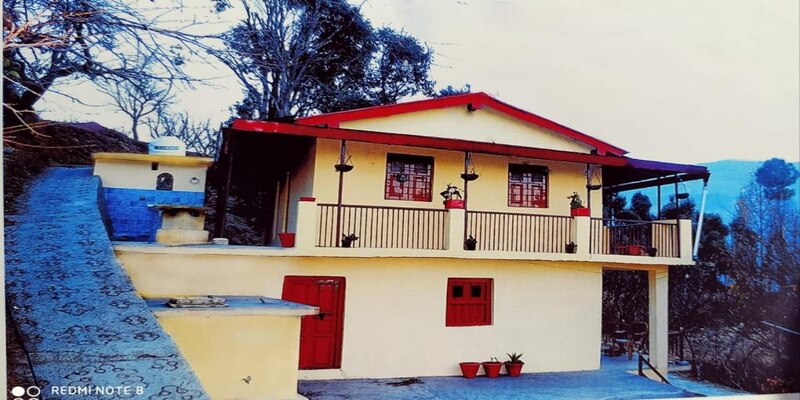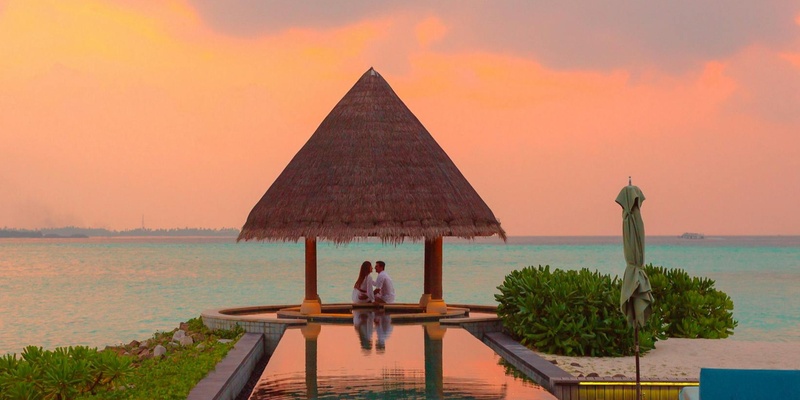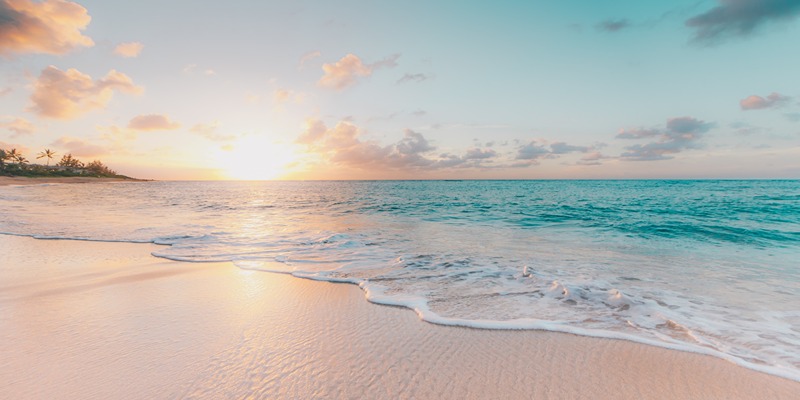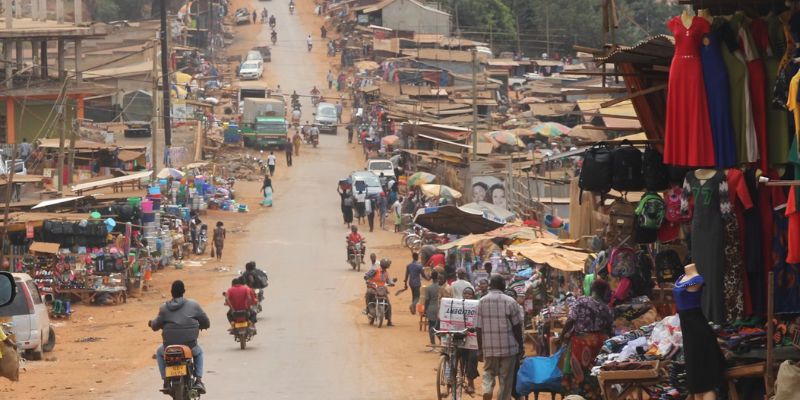Embarking on an African safari promises a thrilling adventure amidst nature's wonders. Before delving into packing specifics, it's crucial to be well-prepared for the unique challenges of the safari terrain. Equip yourself with comprehensive knowledge about the destination, its wildlife, and weather conditions. Familiarize yourself with the safari guidelines and rules to respect the environment and ensure a safe experience. With these foundational elements in place, let's dive into the top five packing tips to make your African safari truly memorable.
1. Optimal Clothing Selection
Pivotal for comfort and safety during an African safari is the choice of appropriate clothing. Although the days may exude warmth, one must not overlook potential chilly nights. To shield against both sun exposure and possible insect bites, opt for lightweight long-sleeved shirts along with trousers. Wearing neutral-colored clothing enables you to seamlessly merge with your surroundings, minimizing any potential disturbance to wildlife. Remember to don a wide-brimmed hat for shade and equip yourself with UV-protected sunglasses. Moreover, prioritize the acquisition of a robust yet comfortable pair of walking shoes; they are indispensable for navigating diverse terrains.
Consider the versatility of convertible pants, which transform into shorts as the temperature rises: these adaptable clothing options enhance your comfort throughout varying weather conditions. Pack a lightweight and breathable rain jacket; this ensures not only preparation for unexpected showers but also adds an extra layer of protection against the elements, a thoughtful touch.
- Convertible Clothing: Opt for convertible pants for adaptable wear in changing temperatures.
- Rain Jacket: Include a lightweight, breathable rain jacket for unexpected weather changes.
2. Effective Mosquito Protection
In many African safari destinations, mosquitoes constitute an unavoidable element of the ecosystem. Therefore, packing efficient protection against mosquito-borne diseases becomes crucial. Ensure you carry a superior-quality insect repellent with a minimum of 20% DEET. Reapply it as advised. This will significantly enhance your defense strategy. Consider, furthermore, bringing lightweight long-sleeved shirts and pants for enhanced defense. By sleeping under a mosquito net, particularly in open-air accommodations, you add an extra layer of protection. This ensures that your night's rest remains undisturbed amidst nature's symphony.
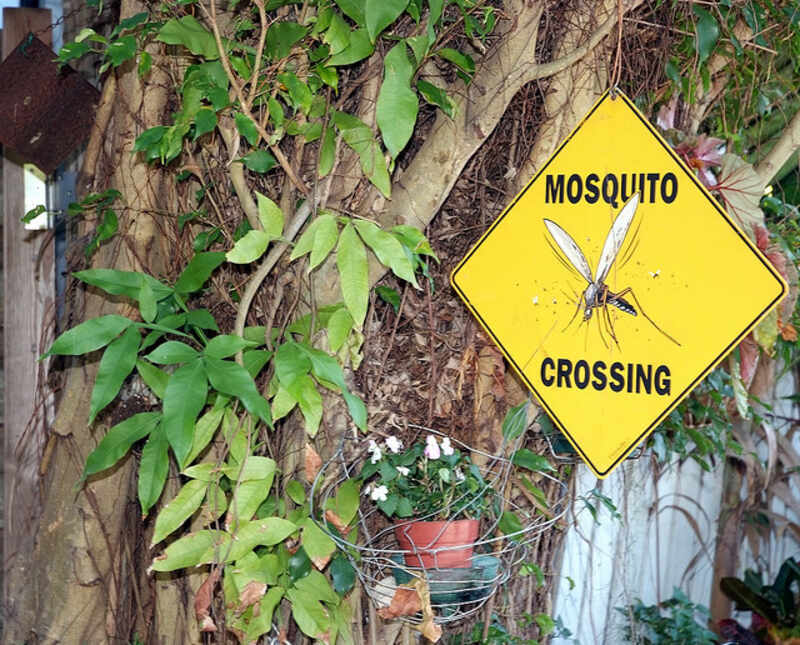
Select a long-lasting formula when choosing an insect repellent, and contemplate alternatives such as citronella-based products for a more natural approach. To fortify your accommodation against mosquitoes, inspect potential entry points rigorously and promptly repair them. This will guarantee you a haven that is significantly more secure from these buzzing insects.
- Repellent Alternatives: Explore citronella-based products for a natural insect deterrent.
- Accommodation Check: Secure your sleep by mosquito-proofing your accommodation.
3. Camera Gear Essentials
Highlighting any safari involves capturing the mesmerizing wildlife and breathtaking landscapes. To immortalize these moments, you must ensure possession of appropriate camera gear. Your investment in a quality DSLR or mirrorless camera with a telephoto lens will allow for detailed shots of distant wildlife. To seize all photo opportunities, ensure you bring supplementary memory cards and batteries. Your equipment's protection in rugged safari conditions necessitates an essential dustproof camera bag. To preserve the clarity of your shots in dusty environments, contemplate packing a lens cleaning kit.
To optimize your photography, before embarking on the trip, make sure you're familiar with your camera settings. This will enable swift adaptation to varying lighting conditions. Furthermore, don't forget to pack a compact tripod; it'll stabilize shots during game drives and enhance the likelihood of capturing sharp and professional images.
- Camera Settings Familiarization: Know your camera settings for swift adaptation to varying light conditions.
- Compact Tripod: Enhance stability with a compact tripod for sharper wildlife shots.
4. Appropriate Medical Supplies
Often, safari destinations house medical facilities. However, it remains prudent to carry a basic medical kit. This provides necessary provisions for addressing minor injuries and illnesses. Essential items include pain relievers, antidiarrheal medication, and adhesive bandages must not be overlooked. Moreover, any personal prescription medications should also find their place within the kit. In remote areas where immediate medical assistance might not readily present itself. A comprehensive first aid kit can truly save lives. Before your trip, consult with your healthcare provider to confirm you have received the necessary vaccinations and discuss any additional precautions specific to your health condition.
Consider including a roll of medical tape, which effectively secures bandages and dressings, in addition to your standard medical supplies. Moreover, think about the convenience of carrying a compact and portable water purification system. This will guarantee safe drinking water access, particularly during outdoor activities.
- Medical Tape: Include medical tape for secure bandaging during first aid.
- Water Purification: Carry a portable water purification system for safe drinking water.
5. Smart Packing for Safari Vehicles
Efficient packing proves crucial, considering the limited space in safari vehicles. Therefore, opt for soft-sided luggage, a type that can be easily maneuvered and stowed in vehicle compartments. Strategically pack your belongings; place frequently used items within easy reach to enhance convenience. Ensure you have easy access to invaluable binoculars for wildlife spotting. Stay hydrated during safari drives with an essential which is a reusable water bottle. Finally, prepare a small daypack for excursions. It will carry your camera along with essentials such as sunscreen and a hat. This ensures quick access when needed.
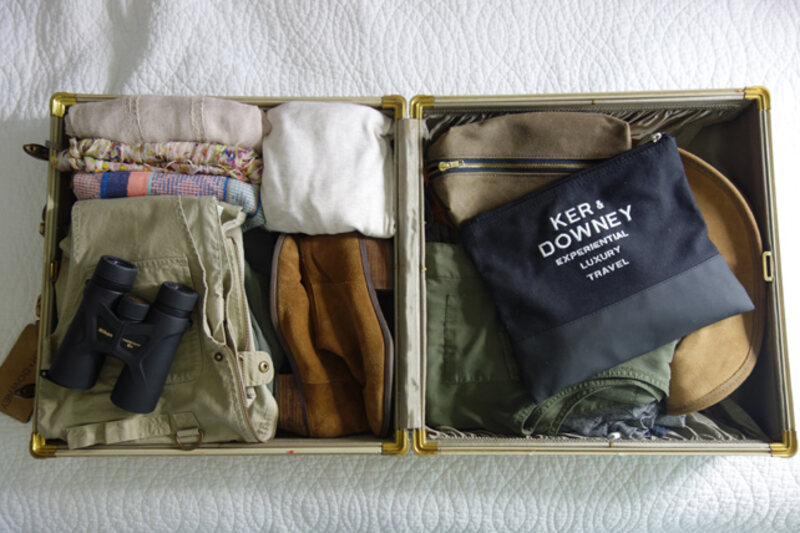
Maximize space by employing packing cubes. These will efficiently organize your clothing and accessories. Instead of folding, a method that consumes more room and increases wrinkles, opt for rolling clothes to save space while maintaining a crisp appearance. Furthermore, enhance endurance during the extended drives on safari by considering the use of a collapsible cooler. It's an ideal storage solution for snacks and beverages, ensuring continued refreshment throughout.
- Packing Cubes: Optimize space with packing cubes for organized luggage.
- Collapsible Cooler: Consider a collapsible cooler for convenient snack storage during drives.
Conclusion
With these top-notch packing tips, arm yourself confidently for your African safari. Thoughtfully organize and prepare your essentials to create the perfect conditions. This will ensure that you savor every moment of this extraordinary adventure.

